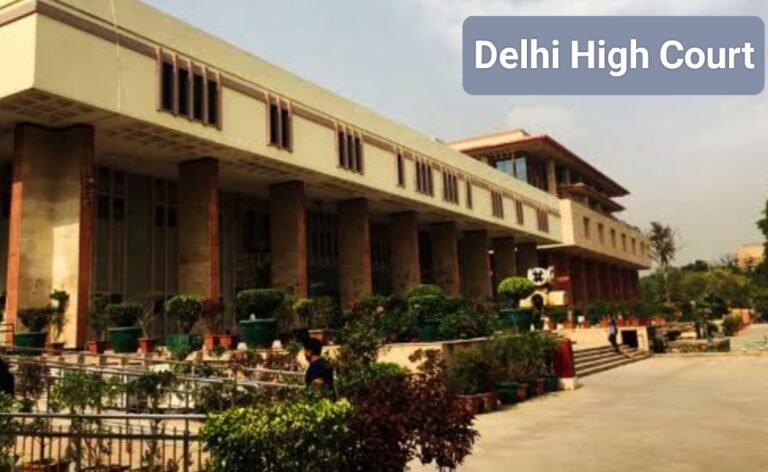Delhi High Court Ruling in case of Metal One Corporation India Pvt. Ltd. & Sony India Private Limited vs. UOI, W.P.(C) 14945/2023, decided on 22-10-2024]
The Delhi High Court has recently scrutinized the legitimacy of Goods and Services Tax (GST) Show Cause Notices (SCNs) issued against companies, including Metal One Corporation India Pvt. Ltd. and Sony India Private Limited. These notices, issued under the Central Goods and Services Tax (CGST) Act, 2017, raised a perceived tax liability for services connected to foreign expatriate placements in India. The bench, comprising Justices Yashwant Varma and Ravinder Dudeja, deemed the SCNs invalid, stating they lacked merit.
Background: Seconded Employees and Tax Implications
The petitioners, led by Metal One Corporation India Pvt. Ltd., employ individuals seconded from their parent company in Japan. Initially, the tax implications surrounding seconded employees were disputed; however, the petitioners refrained from contesting these foundational issues, instead referring to a recent clarification issued by the Central Board of Indirect Taxes and Customs (CBIC). This clarification has cast doubt on the relevance of the original tax concerns.
Details of the Show Cause Notices
The SCNs issued to Metal One Corporation India Pvt. Ltd. detailed a liability for Integrated Goods and Services Tax (IGST) of ₹1,94,28,551 for services received from their overseas parent company under the Reverse Charge Mechanism (RCM) from July 2017 to March 2023. An associated entity faced a similar notice, claiming an IGST liability of ₹58,95,317 for the same period. These notices demanded explanations as to why the specified amounts, including interest and penalties for alleged non-compliance, should not be recovered under the CGST Act.
Petitioners’ Stance on Employment Relationships
The petitioners argued that the SCNs lack a legal foundation, contending that seconded employees do not constitute a taxable service. They emphasized that their agreements with the seconded employees are legally sound and should not be construed as services provided by a foreign entity. Citing the Supreme Court ruling in CCE & Service Tax vs. Northern Operating Systems (P) Ltd., (2022) 17 SCC 90, they argued that the mere presence of seconded employees does not equate to a taxable service. The petitioners stated that the SCNs fail to consider the unique facts of their cases and misapply this precedent.
Respondents’ Argument on Service Valuation and Supply Definition
The respondents maintained that the open market value should determine the taxable value of services. They argued that temporary employee placements from an overseas company to an Indian entity constitute a “supply” under the CGST Act, making the petitioners liable for GST. They contended that the seconded employees remain employees of the parent company, and therefore, no direct employment relationship exists between the petitioners and these employees.
Court’s Observations and Ruling
The Court focused on the GST liability associated with seconded employees, emphasizing Rule 28 of the CGST Rules. The petitioners argued that, under Rule 28, when a recipient is eligible for full input tax credit, the declared invoice value represents the open market value. This stance was supported by a recent departmental circular, which stated that an absence of an invoice or a Nil declaration could invalidate a GST demand.
In Sony India Private Limited’s case, the Court observed that Sony had paid the tax voluntarily based on Rule 28, and any additional liabilities imposed by the Order-in-Original lacked grounds. Sony India, having taken input tax credit on a reverse charge basis, was thereby absolved of any further tax implications.
Court’s Decision and Limitations of the Ruling
The Delhi High Court ultimately quashed the SCNs related to seconded employees for the petitioners. However, it specified that this ruling applies solely to the issue of seconded employees. Any other concerns raised in the SCNs may still be adjudicated without the Court expressing an opinion on them.
This ruling clarifies the applicability of GST on seconded employees, reinforcing the need for SCNs to provide clear, legally substantiated claims regarding employment relationships and service provisions.
Also Read: GSTN Advisory 540: Restriction in Filing GST Returns Beyond Three Years
READ MORE
Home Loan Interest Benefit Under New Tax Regime (Section 115 BAC): A Complete Guide
